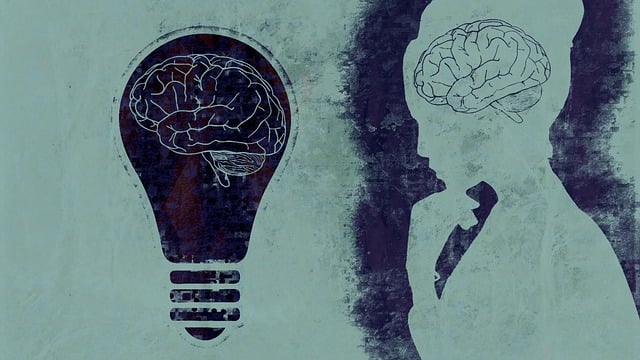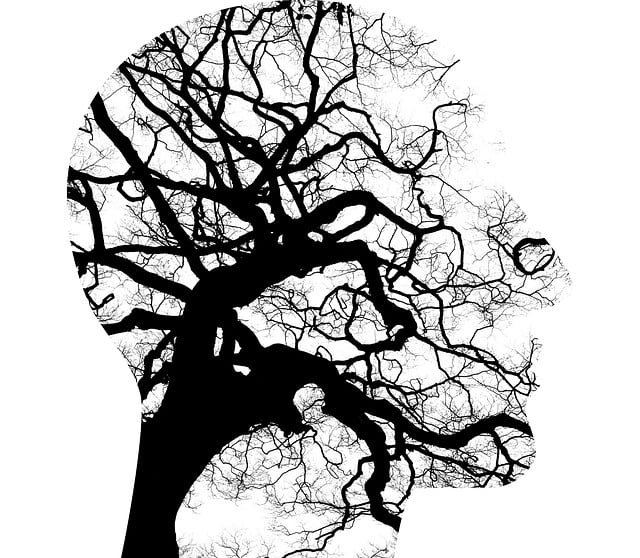Castle Rock International Adoptions Therapy offers a culturally sensitive approach, recognizing the profound impact of cultural identity on mental health. They tailor their methods to individual clients' backgrounds, incorporating emotional intelligence and stress management strategies. This personalized approach enhances trust and communication, improving therapy outcomes, as seen through practices like mental wellness journaling. Their model bridges adoptees' original and new identities, applicable in diverse settings like podcast series and stress workshops. With a focus on globalized challenges, they adapt therapeutic techniques to create safe spaces for clients from varied backgrounds, ensuring personalized care and continuous professional development. Success is measured through culturally responsive practices, integrating stress reduction methods aligned with individual cultures and community outreach programs.
In the diverse landscape of mental healthcare, cultural sensitivity is a cornerstone of effective therapy. Understanding and navigating different cultural backgrounds enhances patient care, fosters trust, and promotes positive outcomes. This article explores key aspects of cultural sensitivity in mental health practice, drawing from models like the Castle Rock International Adoptions Therapy Model. We discuss challenges, opportunities, practical strategies for practitioners, and methods to measure the impact of cultural competence, highlighting its essential role in modern therapy sessions.
- Understanding Cultural Sensitivity: A Cornerstone of Effective Therapy
- The Castle Rock International Adoptions Therapy Model: A Cultural Approach
- Navigating Diverse Backgrounds: Challenges and Opportunities in Mental Healthcare
- Incorporating Cultural Competence: Strategies for Practitioners
- Measuring Success: Evaluating the Impact of Cultural Sensitivity in Therapy Sessions
Understanding Cultural Sensitivity: A Cornerstone of Effective Therapy

Cultural sensitivity is a cornerstone of effective therapy, especially in diverse communities where individuals bring unique experiences and perspectives to their therapeutic journeys. It involves recognizing and appreciating the cultural context of clients, which can significantly impact their mental health and treatment outcomes. At Castle Rock International Adoptions Therapy, we understand that one-size-fits-all approaches rarely work. Each individual’s cultural identity shapes their beliefs, values, and behaviors, influencing how they express emotions, seek support, and respond to challenges.
By incorporating emotional intelligence and stress management techniques, therapists can create a safe and inclusive environment. This might include encouraging clients to share their cultural backgrounds, traditions, and any related stressors or strengths. For instance, a client from a different cultural background might benefit from mental wellness journaling exercises tailored to their heritage, allowing them to process emotions in a culturally affirming way. Such sensitivity fosters trust, enhances communication, and ultimately improves the effectiveness of therapy.
The Castle Rock International Adoptions Therapy Model: A Cultural Approach

The Castle Rock International Adoptions Therapy Model offers a culturally sensitive framework for mental healthcare professionals, especially when working with adopted children and their families. This model emphasizes the importance of understanding the unique cultural backgrounds and experiences of adoptees, which can significantly impact their mental wellness. By incorporating elements from the adopting culture into therapy, this approach aims to bridge the gap between the child’s original and new cultural identities.
This cultural perspective is crucial in various settings, including production teams of Mental Wellness Podcast Series and organizations conducting Stress Management Workshops. The model encourages therapists to explore the child’s cultural heritage, family dynamics, and community influences, all of which play a vital role in their overall mental health. By doing so, it promotes a more holistic understanding and effective treatment strategies tailored to each individual’s specific needs, fostering positive outcomes in mental healthcare.
Navigating Diverse Backgrounds: Challenges and Opportunities in Mental Healthcare

Navigating diverse backgrounds presents unique challenges and opportunities in mental healthcare. With an increasing globalized society, therapists often encounter clients from various ethnic, cultural, and socioeconomic backgrounds. This diversity offers a chance to enrich therapy sessions by incorporating different perspectives and experiences. However, it also requires therapists to be culturally sensitive and aware of potential barriers. For instance, cultural norms and beliefs regarding mental health and self-care can vary significantly, influencing how individuals express their emotions and seek support.
At Castle Rock International Adoptions Therapy, we recognize the importance of understanding these nuances. Building a strong therapeutic alliance, which is crucial for effective treatment, requires recognizing and respecting cultural differences. Therapists must adapt their practices to create a safe and inclusive environment where clients feel comfortable discussing their mental health journeys. This involves learning about different cultural practices related to self-care routine development for better mental health and enhancing mental health awareness. By doing so, we can ensure that our approach not only meets the individual needs of each client but also boosts their confidence in seeking help.
Incorporating Cultural Competence: Strategies for Practitioners

Incorporating cultural competence is an essential aspect of providing effective mental healthcare, especially when working with diverse populations. Practitioners can enhance their approach by learning about and understanding different cultural beliefs, values, and practices related to mental health. This involves actively listening to clients’ backgrounds, embracing a non-judgmental attitude, and adapting therapeutic techniques accordingly. For instance, organizations like Castle Rock International Adoptions Therapy have pioneered strategies that focus on cultural sensitivity, helping professionals navigate the nuances of working with adoptees from various ethnic backgrounds.
One effective strategy is to engage in ongoing professional development through workshops, trainings, and even personal reflection. Public Awareness Campaigns Development can play a vital role in educating both practitioners and the broader public about cultural diversity in mental health. Additionally, fostering inner strength and emotional regulation skills within diverse communities can be achieved by incorporating therapeutic approaches that respect and validate individual cultural expressions. This holistic approach ensures that care is tailored to meet the unique needs of each client.
Measuring Success: Evaluating the Impact of Cultural Sensitivity in Therapy Sessions

Measuring success in therapy is a multifaceted process, especially when cultural sensitivity is a core component. Evaluating the impact of culturally responsive practices requires a nuanced approach that goes beyond typical session outcomes. At Castle Rock International Adoptions Therapy, we recognize that understanding a client’s cultural background and incorporating their values into treatment can significantly enhance therapeutic results. This involves not only addressing immediate concerns but also fostering long-term growth and well-being.
By integrating stress reduction methods tailored to an individual’s cultural context, therapists can create a safe and supportive environment. For instance, a client from a community with strong spiritual traditions might benefit from incorporating meditative practices aligned with their beliefs. Similarly, the successful implementation of a community outreach program can demonstrate cultural sensitivity by connecting clients to resources and support systems within their communities, thereby enhancing therapy’s reach and impact.
Cultural sensitivity in mental healthcare is no longer a consideration, but a necessity. By adopting approaches like the Castle Rock International Adoptions Therapy Model, practitioners can effectively navigate diverse backgrounds and provide inclusive care. Incorporating cultural competence strategies not only enhances therapy outcomes but also fosters understanding and acceptance among patients from various cultural contexts. Measuring success through evaluated impacts reveals the profound benefits of cultural sensitivity, ultimately revolutionizing mental healthcare practices for a more compassionate and effective future.










